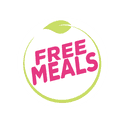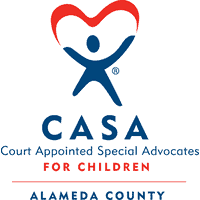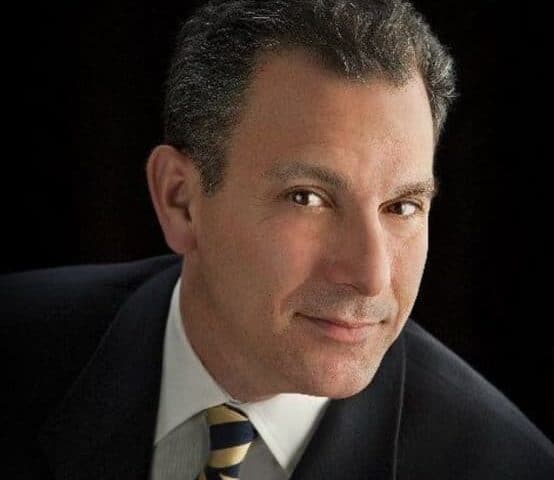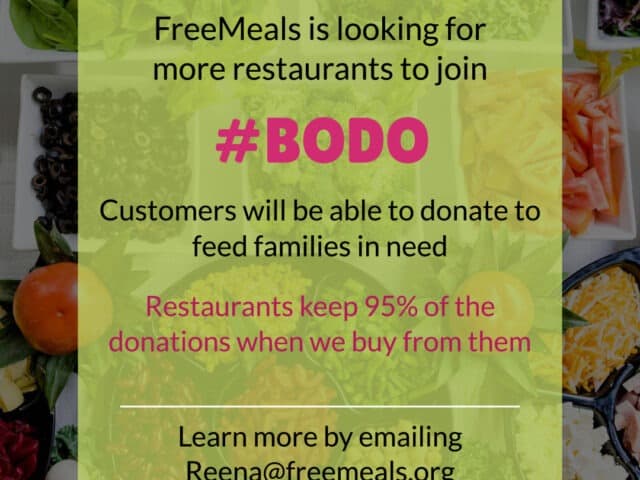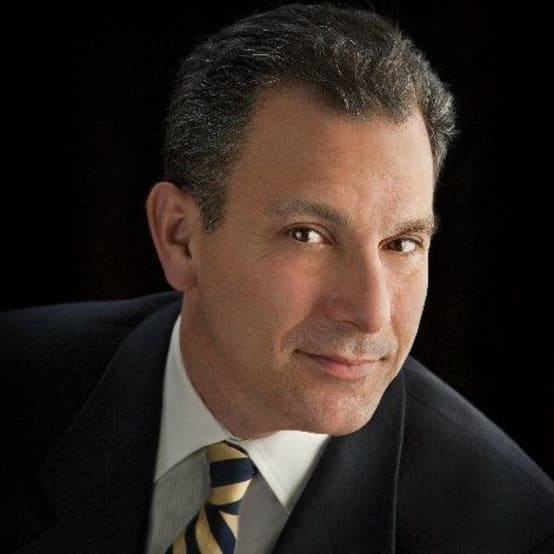
The 3 Most Important Things to Do in 2021
We all know 2020 was a rough year and many suffered from COVID19. However, when it is gone, hopefully soon, heart disease will remain the single biggest threat to our health. Most of do not know if we have silent heart disease without advanced testing as it is mainly a silent disease. In fact, we may look just great on the outside and have the early stages of heart disease on the inside. “Beauty is skin deep” is an age old saying that rings true in terms of the cardiovascular anti-aging medicine that I practice. Whether you are 40 years old plus or have a concerning family history of heart disease, tragedy can strike even the most buff of health gurus. Just think of Bob Harper of The Biggest Loser who was surprised by a near fatal heart attack and survived in a CCU bed on a ventilator for over a week. For a moment, let’s have some straight talk about a plan to be certain that you are young inside and out. Maybe you drink raw juice, practice hot yoga, use red light therapy on your skin, use some sleep hacks, meditate, and eat giant salads. In 2021, the most important thing you can do for your health is to get real and get data on your current cardiovascular health.
The concept that heart aging is preventable, including living a heart attack proof life, is not new. Over 60 years ago a famous Harvard Medical School professor, Paul Dudley White, MD, announced that “a heart attack after age 80 is an act of God but a heart attack before age 80 is a preventable event”. Isn’t it time that we make the words spoken by Paul Dudley White, MD, Chief of Cardiology, ring true? The matter is pressing because over 1,000 people a day in the US alone experience a heart death judged to be preventable by the Center for Disease Control in Atlanta. So how do you measure your heart age with the precision of a finely tuned racing engine?
Step 1: Get a coronary artery calcium scan (CACS) after age 40
At age 50 a health care provider says, “we need to schedule your colonoscopy and a mammogram (if female)”. Why did your health care provider not also say to you that “we need to schedule a CACS so we know if your heart is aging”? A CACS is a CT scan of the heart that takes only a few seconds, is painless, uses no dye or needles, has a very low radiation exposure (like a mammogram), and costs about $100 at most hospitals. The ideal result in about 50% of those tested is a CACS score of zero. Any CACS higher than zero raises the risk for heart attack and proves aging of the heart and entire body. Recently the American Heart Association and other organizations have included the option of getting a CACS for most people before starting prescription cholesterol medications. Ask your health care provider for a Rx for a CACS if you have no known heart disease and are over 40. If you have had a heart attack, stent or bypass surgery, you do not need this screening test.
Step 2: Arrange advanced labs.
In my view, it is unacceptable to have the same lab studies you had for the last 30 years as there have been major advances in laboratory testing. I suggest asking your health care provider for a few advanced blood tests or arrange your own testing online.
Advanced cholesterol profile: A standard cholesterol panel provides calculated LDL cholesterol level but the top of the line measures LDL-cholesterol particle number and size. These measures are more predictive of future heart and stroke events. All cholesterol particles raise the risk of an aging heart but the small, dense particles are the most dangerous and worth measuring.
hs-CRP: The high sensitivity C-reactive protein is a blood test patented by Harvard Medical School to measure inflammation or the “fire” that results from an irritated immune system. The higher the hs-CRP the greater the risk fo atherosclerosis, heart attack, stroke and even other conditions like cancer and dementia. The challenge is finding why the hs-CRP is elevated and can may be due to processed diets heavy in meat, silent dental or GI infections, nutritional deficiencies or food allergies, skin diseases like psoriasis, and too much fat around the waistline.
Lipoprotein (a): This is a genetic form of cholesterol that’s elevated in about 20% of those tested (70 million Americans alone). It’s rarely drawn even though hundreds of research studies indicate that if it’s high, the risk of heart attack and stroke skyrocket. It runs high in many families that have been decimated by heart disease.
Homocysteine: This amino acid is produced by a process called methylation. It can injure arteries when elevated. It may be due to a defect in the MTHFR gene, a meat heavy diet, or B vitamin deficiencies.
Step 3: Calculate your Astro-CHARM Score.
A major advance in 2018 was the publication of the Astro-CHARM score. This online risk calculator is a collaboration of NASA and the University of Texas Southwestern Medical Center and is the most advanced tool available. It permits entering your CACS and hs-CRP along with more traditional measures (age, smoking status, total cholesterol, HDL-cholesterol, and blood pressure) to predict the 10-year risk of heart attack and stroke. The Astro-CHARM score can also be a tool to help patients make lifestyle changes.
Many decades have passed since Dr. Paul White declared that heart attacks are preventable. The current focus on learning CPR or having defibrillators in gym classes misses the mark. Heart disease is measurable, preventable, and reversible long before tragedy strikes. You are beautiful on the outside. Take the steps to guarantee that you are also beautiful on the inside. A popular internet meme declares that “if heart disease were attacking your face rather than your arteries, you’d do something about it”. Now you know how to fight back.
Join Dr. Kahn’s Heart Circle at HealCircles.org
A great way to bring joy into your heart is to serve humanity. Donate to FreeMeals.org to feed a family in need.
